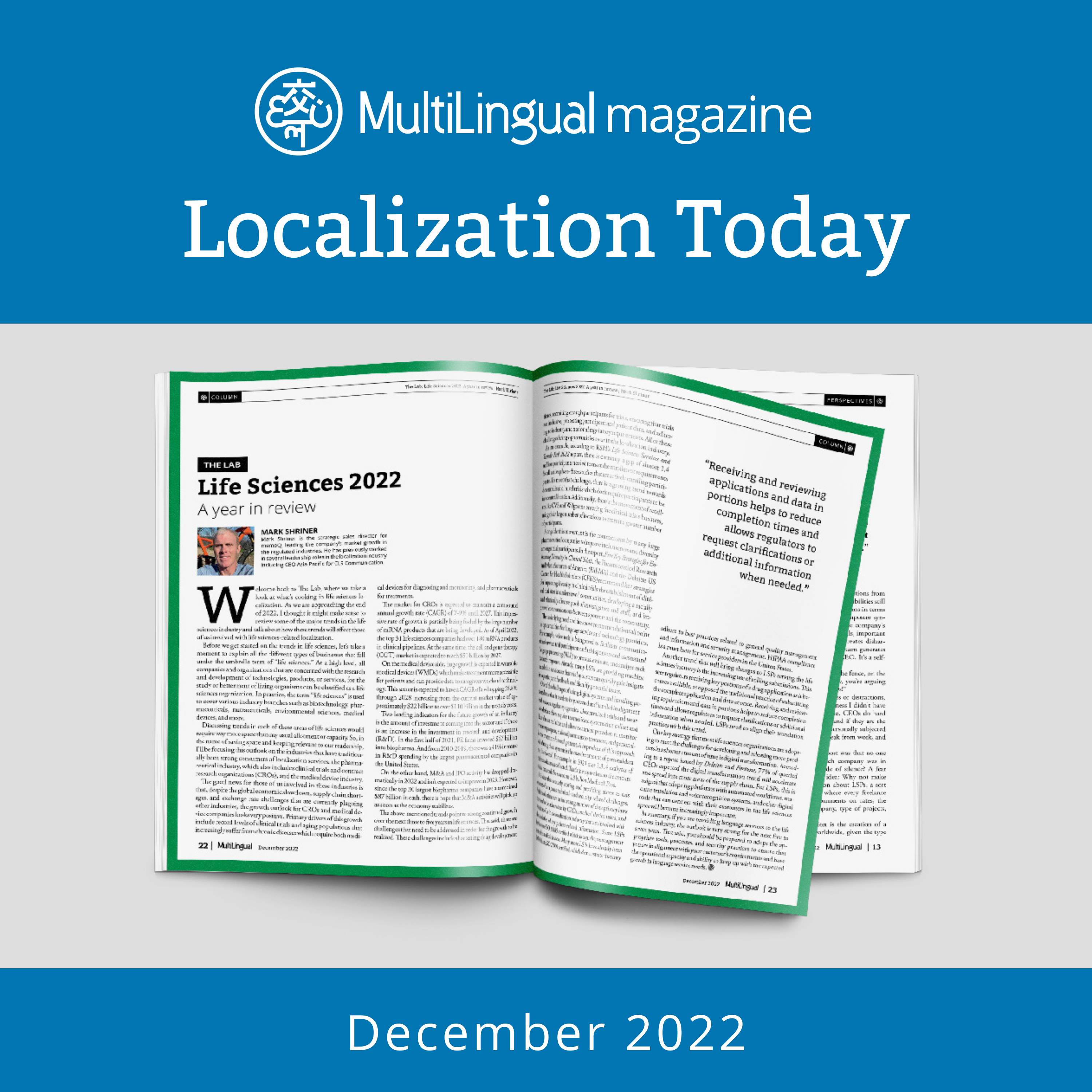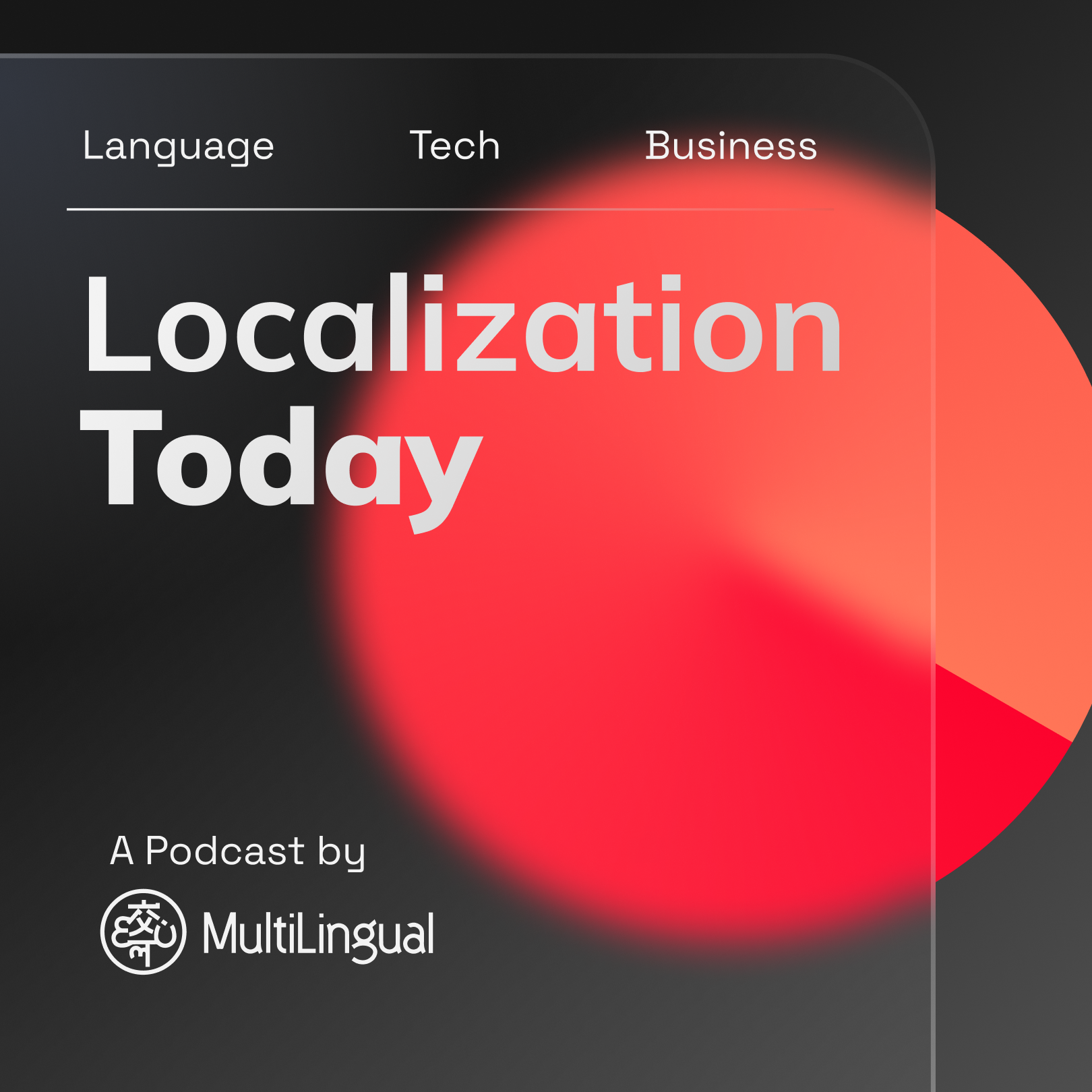Episode Transcript
[00:00:00] Stick, joy and joysticks Agen X's take on Gaming, Language and the Alchemy of Translation by Yuandro Magalhees I'm taking a big risk today.
[00:00:12] I'm about to talk about a world I know virtually nothing about, gaming. And I'm about to pontificate on a job I've never actually done. Game translation and localization proceed at your peril. Beyond this point, with that disclaimer and my self declared ignorance and ineptitude, I feel free to share my impressions on gaming and, more curiously, on how games travel across language and culture. It all begins with a sense of awe that either thing exists in the first place. The original sandbox where I come from, or better said, when I come from gaming, was synonymous with action.
[00:00:52] Real physical action.
[00:00:53] And I don't mean wrist flicking over a joystick. I mean running, tumbling, hiding behind trees, hopping over ditches and pretending you were invisible, just if you held your breath long enough. Gaming was also a vocal exercise.
[00:01:08] Asserting one's ground often required a fair amount of yelling, name calling, and impromptu negotiation as we worked to establish the rules of our imaginary kingdoms.
[00:01:20] These rules were made and unmade in real time, depending on who cried, who cheated, or who brought snacks. Good and evil were fluid. Roles were swapped on the fly, depending on how many kids showed up that day or who had to leave early in one single afternoon. You could be the cop, the thief, the judge, the superhero, the villain, and the wrongly accused, all in one dizzying loop of improvisation.
[00:01:48] Language as a game mechanic in hindsight, it was a daily exercise in interpretation, an acting lab, a training ground for storytelling. You had to sound like a villain if you wanted your chase to mean anything. You had to come up with synonyms, neologisms, passwords, and magical incantations to open secret doors that didn't exist or convince a friend to play dead long enough for your heroic arc to reach a satisfying conclusion. It was a form of translation, too, a naming game in its own right. A stick became a sword, stones turned into currency, a cardboard box transformed into a getaway car.
[00:02:31] It was translation at its rawest, the alchemical act of transforming one reality into another through words.
[00:02:39] On quieter days or after dinner, we turned to board games. We bought fictitious properties, conquered imaginary countries at the roll of a die, or solved murders using deductive logic and the vocabulary of adults. That's how we learned what a mortgage was, or a dagger, as in the cloak and dagger plots of Scotland Yard. Gaming and language were inseparable. Gaming evolved into something we did by proxy worlds were pre made.
[00:03:09] Stories were pre written. Heroes and villains were no longer neighbors from down the street, but digital avatars designed in Japan, Korea or the United States. And with them came language packaged inside cartridges and consoles.
[00:03:25] Suddenly, those stick and stone stories of childhood had global sequels, and they needed to be rewritten for every new audience.
[00:03:33] That's when actual translation entered the frame, not as an afterthought, but as a superpower. Words had to travel, jokes had to land, emotion had to translate. Danger had to feel dangerous, no matter the syntax. Localization as Performance Game localization is not duplication.
[00:03:55] It is a performance, a reenactment with new costumes, new voices and a new audience so that the drama stays intact. It's not just menus and spells. It's puns, jokes, slang, rhythm and cultural references. It's knowing when a baseball joke won't work in Brazil and finding a soccer or football metaphor instead. It's knowing when to rewrite instead of reword. Gaming translators aren't just wordsmiths. They are storytellers, dramaturgs and cultural adapters. Sometimes they even revive extinct dialects for historical accuracy. It's messy and experimental, and yes, it's full of bloopers. The poorly translated Japanese role playing games, RPGs of the 1990s are now Internet folklore memed into immortality. But even those flubs reveal something endearing the ambition to connect across worlds despite the glitches. Linguistic Dungeon Masters in many ways, game translators are the new Dungeon Masters. They guide players not just through levels, but across linguistic terrain. They don't just localize, they universalize. Interpreters, too, are joining the fold to facilitate live esports tournaments, twitch streams, and fan conventions. They provide real time language mediation across teams, fandoms and time zones. Gaming isn't just entertainment anymore. It's a form of diplomacy. This evolution from code to culture, from casual play to global performance, reminds me how far games have come and how much they've stayed the same. From Pink Slips to Pixels Anyway, my grandson probably pities me for never getting into Grand Theft Auto or pulling an all nighter on Assassin's Creed. He likely thinks I'm being deliberately obtuse when I don't grasp half the terms he throws at me, such as character, class, skill tree, and rage Quit. He's probably right.
[00:06:02] Mine was a boring childhood by his standards, a world where you had to name your own sticks, imagine your own rules, and fight over imaginary pink slips, naming stones after fancy cars like Mercedes and Rolls Royce. If only those games had been around when I was a kid. Then again Maybe they were just without the pixels and with a lot more yelling. This article was written by Yuandro Magalhees, a conference interpreter, former chief interpreter in the United nations, system interpreter trainer, and language technology advocate. He is a TEDX speaker and the author of three books, including the Language Game, originally published in Multilingual Magazine, Issue 240, 6-20-25.


